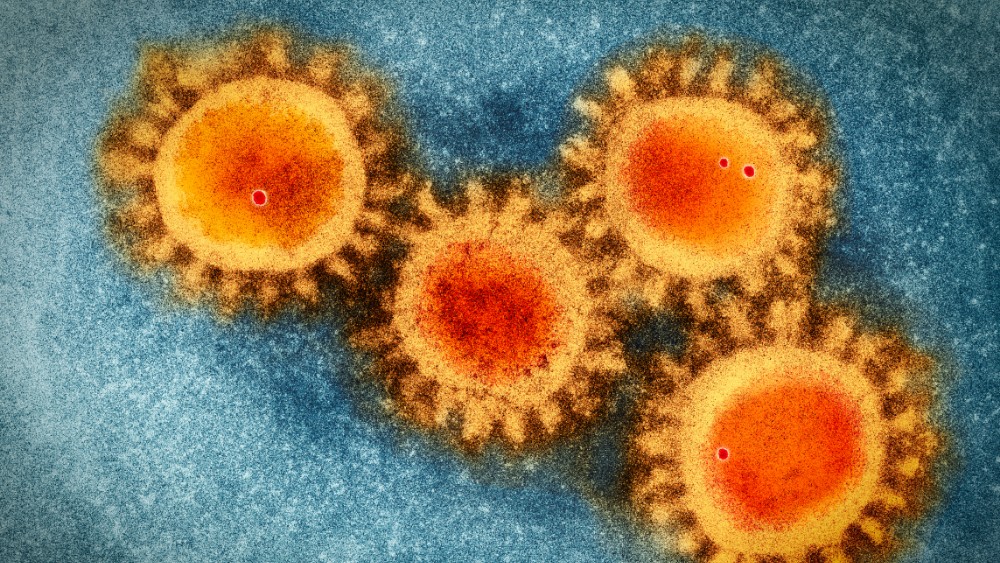
A variant in an immune response gene could explain the underlying cause of asymptomatic SARS-CoV-2 infections.

A variant in an immune response gene could explain the underlying cause of asymptomatic SARS-CoV-2 infections.
What you need to know
Studies have shown that around 20% of people who have had COVID-19 do not experience any symptoms. This is known as being asymptomatic.
In a study supported by several NIH Institutes, researchers found that changes in the human leukocyte antigen (HLA) gene, a gene that is associated with people’s immune response to viral infections, were associated with asymptomatic cases of COVID-19.
What did the researchers do?
Researchers enrolled more than 29,000 people who had volunteered to donate bone marrow that had already been sequenced for HLA variants. These study participants were enrolled between July 2020 and April 2021, before COVID-19 vaccines were widely available. Participants were asked to track SARS-CoV-2 infection and symptoms using a smartphone app. Within the study group, 1,428 unvaccinated people reported a positive COVID-19 test, and 136 of these people reported no symptoms.
Previous research has shown that HLA is associated with controlling viral infections like HIV, hepatitis, and other types of coronaviruses. Based on this knowledge, the research team compared different variations of the HLA gene between people with symptomatic and asymptomatic cases of COVID-19.
The researchers found that 20% of people who were symptomatic had an HLA variant called HLA-B*15:01. People who had two copies of HLA-B*15:01, meaning it was passed down from both parents, were eight times more likely to remain asymptomatic than people who did not carry that variant.
Why is this research important?
These results provide insight into why some people have no symptoms when they have COVID-19. The study had some limitations, including that most of the study participants were White and female. Further studies are needed to understand asymptomatic COVID-19 cases in diverse groups.
The findings of this research could help lead to new treatments and vaccines. Since preventing SARS-CoV-2 infection is very difficult, the researchers suggested that designing a vaccine that utilizes the HLA-B*15:01 variant could help someone quickly fight the infection without experiencing symptoms. This type of vaccine would provide important public health benefits and reduce the severity of SARS-CoV-2 infection.
Where can I go to learn more?
-
The National Institute of Allergy and Infectious Diseases shares current research and efforts to understand the immune system’s response to COVID-19.
-
The National Institute of Biomedical Imaging and Bioengineering highlights its COVID-19 research efforts.
Understanding COVID-19 PCR Testing
-
The National Human Genome Research Institute shares how COVID-19 testing detects SARS-CoV-2 infection.
Sources
Augusto, D. G., Murdolo, L. D., Chatzileontiadou, D. S. M., Sabatino, J. J., Yusufali, T., Peyser, N. D., Butcher, X., Kizer, K., Guthrie, K., Murray, V. W., Pae, V., Sarvadhavabhatla, S., Beltran, F., Gill, G. S., Lynch, K. L., Yun, C., Maguire, C. T., Peluso, M. J., … Hollenbach, J. A. (2023). A common allele of HLA is associated with asymptomatic SARS-CoV-2 infection. Nature, 620, 128-136. https://doi.org/10.1038/s41586-023-06331-x

News and Stories
Read stories about the efforts underway to prevent, detect, and treat COVID-19 and its effects on our health.
 An official website of the United States government
An official website of the United States government

